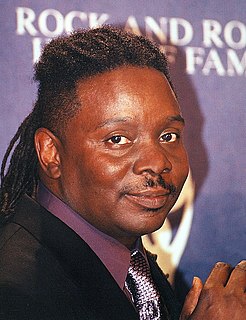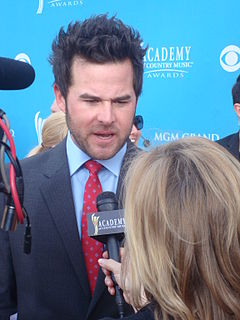A Quote by Angel Olsen
I don't believe people when they say their songs have nothing to do with their personal life.
Quote Topics
Related Quotes
When I first started writing songs and being very explicit, it was hard, but one of the main things people respond to in my writing is that 'just say it' attitude of my songs. There really is nothing personal or private; it's all universal, if you can just find the courage to be open about your life.
When I think about the things that cause me pain or the things that cause me trouble or frustration, it's not people asking for my autograph; it's people breaking my heart. That happens to you whether you've sold millions of records or whether you're taking classes at college. You're going to believe people when they say that they love you. I don't leave out details when I write songs about that. I try to make my songs as personal as possible because, ultimately, my music started out as just trying to turn my diary entries into something that was a piece of music. And that has never changed.
There's no way anyone's going to understand my own personal experiences, where the songs came from, because they're mine. But I was very conscious of leaving loads of space in the songs so that people could interpret them with their own memories, feelings, and emotions. I love the process of taking stuff away so that people could finish the songs themselves. I was hoping it'd end up being as universal as possible, even though it comes from the most personal place.
I kept saying I got sick of listening to people's productions, like people who had no ideas, no songs, nothing to say but could still con people's ears into thinking those songs were there by the application of production. I kind of wanted my record a little more honest than that: "Well, this is us. We put a microphone on it. Here it is."
There's definitely some pieces in there that reflect on my personal life, but really, they aren't as personal as everybody thinks they are. I would like them to be more personal. The emotions, the songs themselves are personal. I can't do it - I've tried to write personally and it just doesn't seem to work. It would be too obvious. Some things that you could read in could fit into anyone's life that had any amount of pain at all. It's pretty cliche'.
We never want to go into a tour and play 15 songs and say 'Enjoy.' We have messages: Number 1, follow your dreams. If I can do it, you can do it. Number 2, give your life to something. We say, 'Volunteer and add seven years to your life.' You can have your own personal ministry. The message we have is 'What do you stand for?'
In my culture we had songs for everything, and that's lost now. There were songs for when people were born, when they died, when they sowed the field, baked bread and they're gone now mostly. I think we need these songs today. One of the reasons people connect to Wardruna in such a personal way is because there is a need for these songs and for that kind of connection to the nameless. Call it nature, god whatever.


































